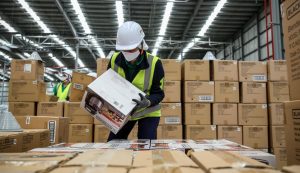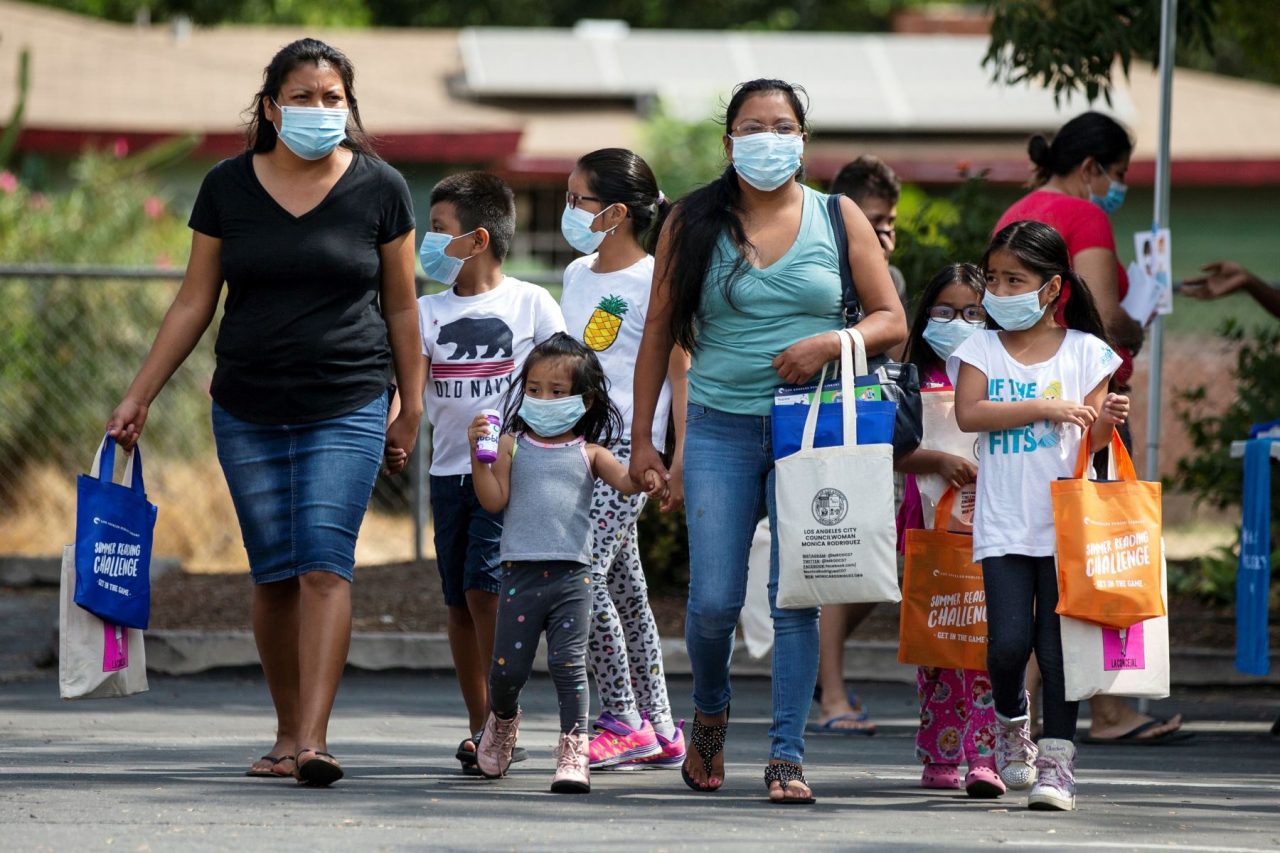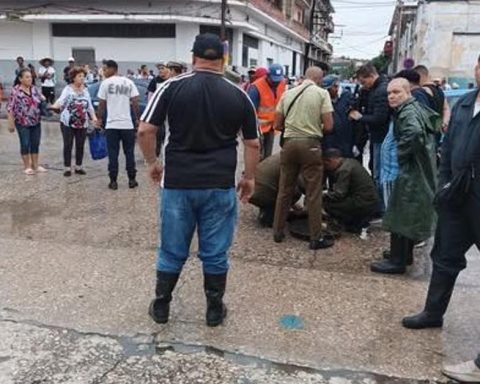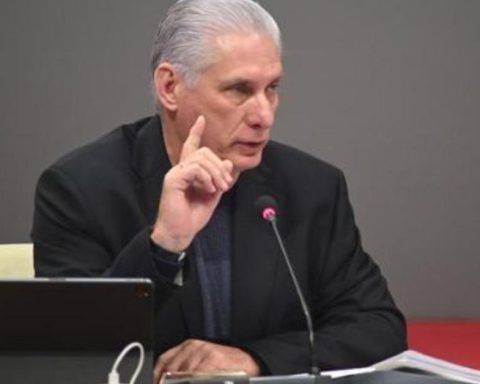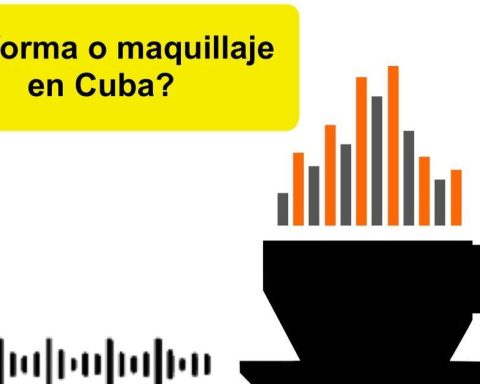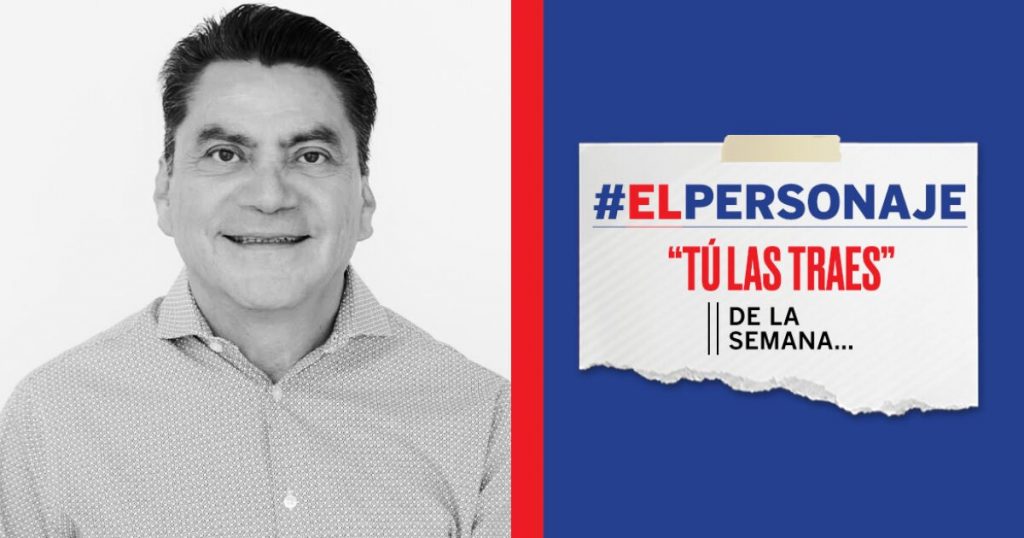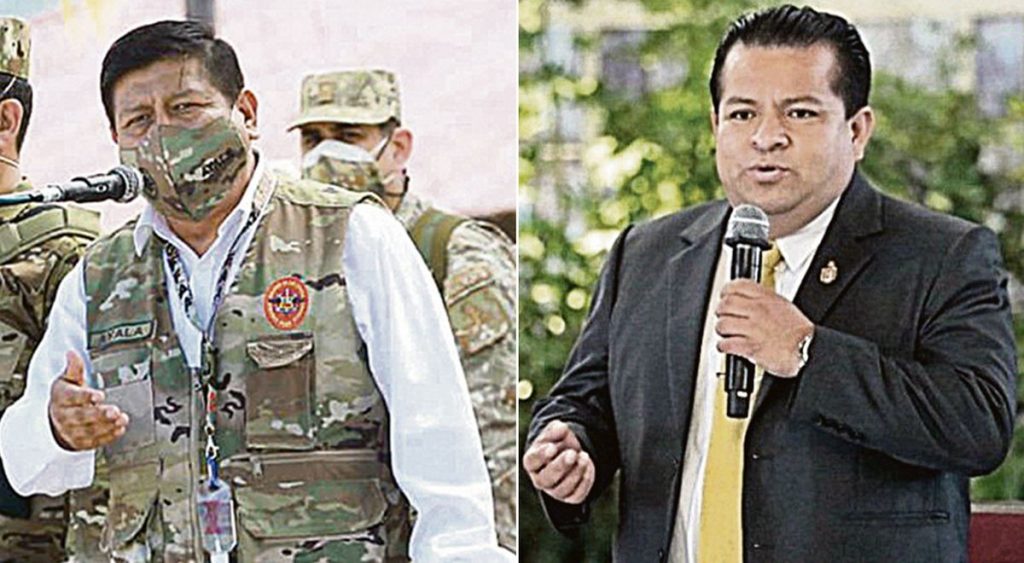Toys, electronic devices and even certain foods are becoming more expensive due to the global crisis in freight and containers; in addition to higher energy costs.
The Ecuadorian families budget will be tighter for the Christmas and New Years Eve. On average, prices of goods in high demand on those dates, such as appliances, electronic devices, toys, and even certain foods, will be between 20% and 40% higher.
The World crisis of the freight and the containers, has not only caused a shortage of products that come mainly from China and the United States, but has also triggered the costs from import and transport up to 500%.
Verónica Álvarez, an economist, explained that households and companies are faced with the dilemma of buying and producing less or betting on lower quality goods.
“In sectors such as toys and electronics, at the moment the offer is up to 85% less than in previous years. Many businesses try to acquire more national production, but this is very limited. In addition, they are looking for lower cost and quality options ”, he pointed out.
The prices They could skyrocket even more than anticipated, but most entrepreneurs in the country cannot afford to go too high because then the momentum of the nascent reactivation they have had in recent months would be cut off.
Expensive inputs drive the crisis in agriculture
According to information from the Food and Agriculture Organization of the United Nations (FAO), agricultural supplies Essentials such as urea and nitrogenous have become, on average, more than 80% more expensive in the last year.
This reality, more than the increase in the price of domestic fuels, is behind the crisis of the Ecuadorian agriculture.
Furthermore, many of the cereals (wheat, for example) and vegetable oils, which Ecuador imports to supply its low local production, have increased their cost by more than 32% worldwide.
In this context, basket for Christmas dinner it could increase up to 15% in 2021.
The Government could have mitigated some of this impact with greater reductions in tariffs, reduction of paperwork, direct aid to farmers and greater facilities to boost logistics systems, among others.
Increases in the domestic price of fuels have a minimal impact on this whole scenario.
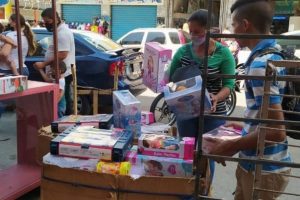
La crisis logística y energética en China redujo la producción de papel, alimentos, productos textiles, juguetes, chips para teléfonos y autos.
Con más de 200.000 contenedores represados solo en el puerto de Los Ángeles, se ha reducido la oferta de juguetes y ropa que llega de ese país.
Se proyecta que la crisis de fletes y contenedores no se supere antes de la segunda mitad de 2022.
Insumos importados para construcción como acero, bobinas de aluminio, vidrio, entre otras, han subido entre 26% y más del 100%
Central America became an option to reduce time and costs
Faced with the problems that persist in the United States and China, many Ecuadorian companies have turned their eyes to Central America. The objective is to reduce delivery times and costs.
For example, Ecuadorian imports from Panama have tripled in 2021, to exceed $ 1 billion. One of the reasons is that shipments can arrive in a little more than a week compared to more than 50 days from China
The Guayaquil Chamber of Commerce (CCG) points out that the main products that are being bought the most in Panama are medicines, computers, televisions and clothing.
However, this source does not supply everything that the national industry and commerce need.
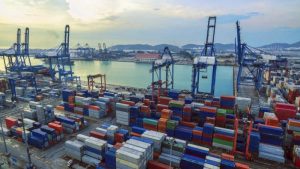
Freight and container crisis cause export losses
The Executive President of Expoflores, Alejandro Martínez, explained that global logistics problems not only make products more expensive in the country, but have already caused losses in exports.
Before for a freight to Miami it cost U $ 0.85, but now it goes up to $ 1.80 per kilo. An entire plane costs at least $ 360,000
“We are paying about 15 flights a week just for flowers and there is no space. Shanghai, Los Angeles pay up to $ 15 per kilo average and against that we are competing. Last week we stopped selling $ 3.9 million due to lack of space, “he said.
